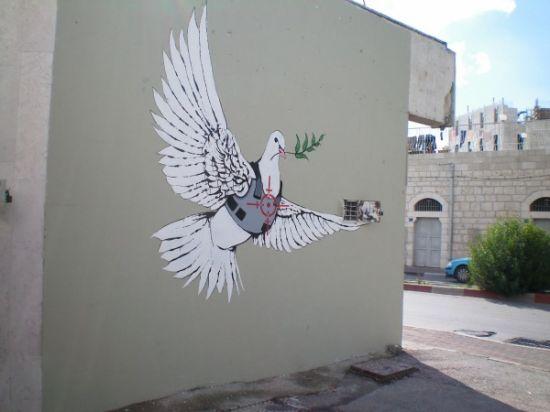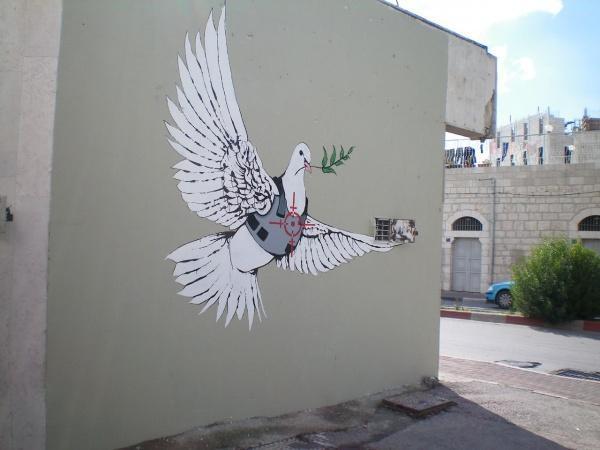
1. Educate yourself
It is never enough to read Wikipedia entries and news articles on the web. To be an effective social change agent, you need to understand all arguments in support of and against the cause of your choice.
Read books that discuss about issues and problems related to your cause. The best place to find these books is a library or resource centre run by CSOs. The MCCHR Resource Centre is home to over 900 titles on various issues, with a good selection of books on democracy, human rights, indigenous peoples, and Malaysian history and politics. You can also find more resources from other CSOs such as Sisters in Islam, FOMCA, MBM and PLF. These organisations collect various publications relevant to their work.
Many CSOs also run public forums and seminars. Follow CSOs whose work is related to your cause. For example, if your cause is freedom of speech, you can follow CSOs that focus on human rights issues. At these forums and seminars, you will be able to meet like-minded individuals–potential recruits, allies and supporters to your cause. Discussions usually continue online, after the forums and seminars. So get on involved on the mailing lists and groups you are invited to.
You need to master web communication tools to be an effective social change agent in this digital age. Facebook and Twitter are good places to get instant followers but you must know when to use which and how. If you need to build a simple website, you can get started with Tumblr and Google Sites. Collaborative cloud services like Google Drive, Dropbox will help you organise your resources.
2. Connect with other people
Working on your social change project alone can be tough. So, reach out to your classmates, friends, family and neighbours to join you in making a change. These people are most likely to be affected by the issues related to your cause. Identify your potential recruits to join your action group, allies to work with your group and supporters who can help in small ways.
Getting your government representatives to support your action will help get things done quicker. Your representatives can connect you with the relevant government agencies or other groups that deal with your issues. If your cause is something to do with a problem in your local area, get in touch with your city or district councillor, instead of your ADUN or MP. Your ADUN can help you better with state government issues while your MP deals with more national problems.
It is very likely that a number of civil society groups are also championing your cause. Talk to them and ask about their programmes and projects. Learn how they can add value to what you are doing. They may be able to provide resources like educational materials, meeting space or even startup funding for your campaign.
3. Strategise your action
You can use our the #ActionPyramid (from UndiMsia! IdolaDemokrasi) to help you strategise your action. To develop a strategy, you need to be able to answer these questions: who is your target and what is your message? Name the specific people, age group, professions, etc and figure out what do you want them to do, acknowledge or change?
Then, think about how are you going to send the message, when and where? You can organise a guerrilla theatre, hold a mock awards ceremony or any of the 198 Methods of Nonviolent Action formulated by Gene Sharp. You can use your neighbourhood padang or community centre for your event. If they are not available, get in touch with the MCCHR team about using Pusat Rakyat LB at Jalan Pantai Baharu for your action project.
List down all the skills required to execute your action plan successfully and identify which team members possess these skills. Don’t try to do everything yourself, delegate tasks to your teammates and allow them to take their own initiatives. Don’t be afraid to approach civil society organisations and other allies for help. Your supporters may be able to make small in-kind contributions like printing banners, photocopying flyers or sponsoring food. So, let them know what you need.
4. Execute (and don’t forget to document)
So now, you have a plan. It’d be great if you can do everything according to the plan. But chances are, something come up or someone pull out at the eleventh hour. Don’t panic, let go a little bit and make the best of what you have. It’s important to keep a positive attitude when you execute your action plan.
Everything that you do at this stage is not only important to you and your campaign, but other future activists who can learn from your experience. Take pictures and live-tweet as much as you can at this stage. Try engage members of the media to report on your campaign. Don’t limit yourself to the usual progressive media organisations. Invite everyone, including bloggers, columnists, radio and TV presenters, non-English media organisations, etc. Also, encourage your team members to write about your campaign—what you have achieved, have failed, have learnt. If you don’t have a blog yet, get your writings published on LoyarBurok.com.
5. Ask, what’s next?
Writing about your campaign will help you reflect on what you have done. Your action should not end here as there is always more you can do. Think about replicating your action at a different location, for a different group, target. Or, maybe you can make a greater impact by launching a nationwide campaign. Just ask, what’s next?
Useful links
- About the MCCHR Resource Centre
- Human rights organisations
- Web Tools for Social Change
- MCCHR Resource Centre Directory
- #ActionPyramid in Activating Malaysia: The D-I-Y Toolkit (pp. 78-81)
- The Methods of Nonviolent Action in From Dictatorship to Democracy A Conceptual Framework for Liberation Cover Art by Gene Sharp (pp. 79-86)
- Pusat Rakyat LB
- Get published on LoyarBurok
See also

